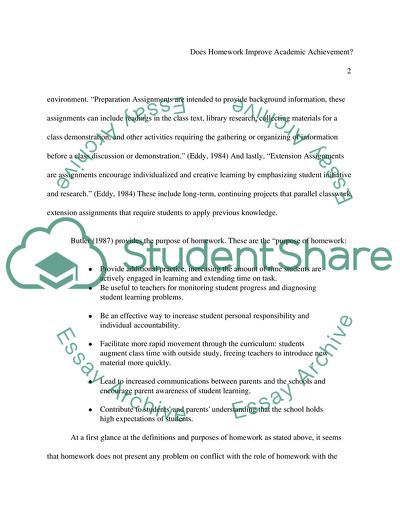Cite this document
(Does Homework Improve Academic Achievement Assignment, n.d.)
Does Homework Improve Academic Achievement Assignment. https://studentshare.org/education/1707380-the-effects-of-homework-on-academic-achievement
Does Homework Improve Academic Achievement Assignment. https://studentshare.org/education/1707380-the-effects-of-homework-on-academic-achievement
(Does Homework Improve Academic Achievement Assignment)
Does Homework Improve Academic Achievement Assignment. https://studentshare.org/education/1707380-the-effects-of-homework-on-academic-achievement.
Does Homework Improve Academic Achievement Assignment. https://studentshare.org/education/1707380-the-effects-of-homework-on-academic-achievement.
“Does Homework Improve Academic Achievement Assignment”. https://studentshare.org/education/1707380-the-effects-of-homework-on-academic-achievement.


